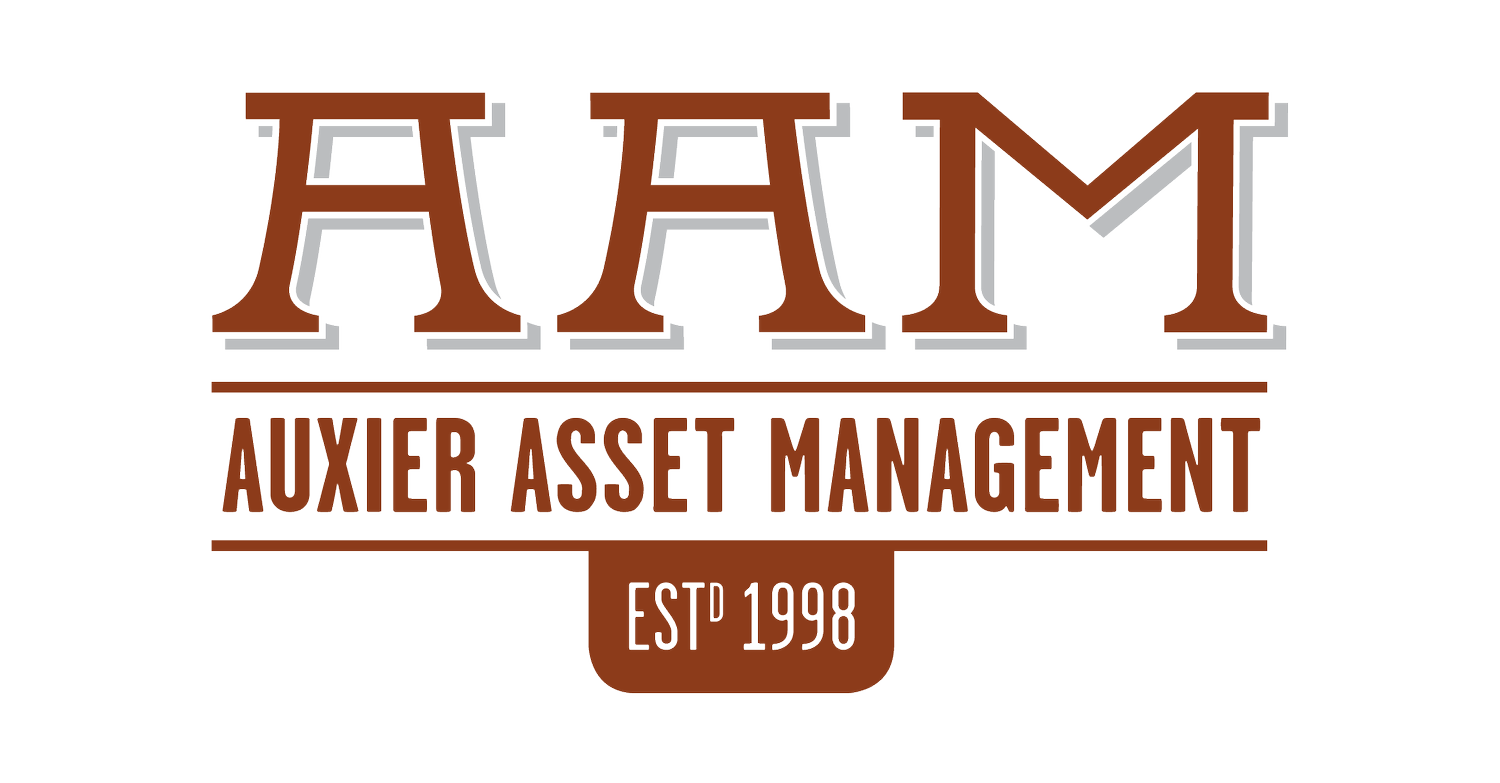We believe the power of compounding is the most valuable and underappreciated investment concept. Our respect for compounding leads us to have a strong aversion to permanent capital loss (although there can never be assurance that any portfolio holdings will not decline in value). We first look at the downside risk of any investment before looking at the upside potential. A dedicated, diligent research effort is the key to seeking high compounded portfolio returns. Our unique advantage comes from the wisdom of managing individual portfolios in every kind of market for over 30 years. We strive to maintain an intense work ethic with the goal of mastering the principals of capital allocation.
Investment Philosophy
It is imperative for an investor to study history and past market behavior in an effort to avoid repeating costly mistakes. The firm’s founder, Jeff Auxier, spends 8 – 10 hours daily researching annual reports, trade journals and investment publications. We evaluate domestic and international companies traded on the major exchanges using a value-oriented approach. Each individual holding is constantly monitored and the operating fundamentals scrutinized. We aim to think independently and rationally. We are skeptical of conventional wisdom. The proper temperament, humility and emotional control are critical. We dig to find compelling, undervalued companies that ideally exhibit the following attributes:
Strong or improving fundamentals
Consistency in operating results
A substantial advantage over competition (strong franchise)
A demonstrated ability to earn high rates of return on capital
Understandable products
Honest, competent shareholder-oriented management
Intelligent capital allocation policies
Generates substantial free cash flow with nominal mandatory capital requirements
A strong balance sheet and financial flexibility
The investment candidates are then screened to determine what price represents good value with acceptable, low risk and the potential for above average returns. One of the chief investment sins is overpayment. We count on exceptional investment selection for our returns, not the market.
During the research process and monitoring of portfolio positions we will:
Look at each company as if we are going to buy the entire enterprise. Compare the price to private market values and the present value of future cash flows.
Look at each individual security on its own merits and weigh positions based on where the widest gap between price and value exists.
Watch for floods of “easy money” (IPOs) coming into an industry as a warning signal.
Lighten up:
If the fundamentals deteriorate
If “bubble” conditions lead to inflated valuations
If a company’s management loses their focus, consistently fails to execute, or misallocates capital
Avoid stocks that are highly valued, have high expectations and are vulnerable to severe drops on minor disappointments. These we call “torpedo stocks” and they destroy the compounding effect.
On each stock, we look to make money from the company’s growth in earnings and intrinsic value, together with an upward revaluation by the market. We theoretically will hold a company indefinitely if the operating fundamentals continue to improve and the price is reasonable.
TYPICAL SITUATIONS
Our goal in managing portfolios is to significantly outperform the S&P 500 Index over the long-term, while taking far less risk (as measured by the beta statistic— volatility measurement relative to the S&P 500 Index). The ideal investment scenario is one where we have a very high quality, high return business with exceptional management, selling at wash-out, bargain prices. We also look to invest in businesses whose sales and profits are progressing at a sustainable rate and whose price is low due to misperceptions surrounding the true facts and fundamentals. We are always weighing the odds to ensure the potential rewards more than compensate for the level of risk. A stagnant price is normal and welcome while we are buying. As overall market levels become risky and overvalued, we then look for the “work-outs” that often can provide positive returns but shield us from sharp market declines. Rising prices lead to a more defensive posture.
WORK-OUTS
To attempt to add stability and predictability to returns we will typically have a portion of the portfolio in securities that have a timetable. These are called “workouts” and are dependent upon a corporate driven event or catalyst, as opposed to the supply and demand of the auction markets. Work-outs can arise from reorganizations, mergers, split-offs, spin-offs, sell-outs, etc. While these can be very rewarding in flat-to-down markets, they can penalize returns in a strong up market. Over the past two years, this category has included corporate debt and preferred stock. As corporations over borrowed in the boom times, balance sheets suffered. This led to urgent actions to reduce debt to the benefit of bondholders.
CONDITIONS WE THRIVE IN
The ideal investment climate to allocate capital and identify significantly undervalued securities is one where the headlines are negative, fear and panic abound, and emotions are running high. Extreme volatility usually follows and can lead to exploitable misappraisals. As US financier and Presidential advisor, Bernard Baruch used to say, facts are facts even in the height of emotion. Often in these periods what is perceived to be risky is far safer than normal. Like John Train, author of The Money Masters has said, “The safe time to invest is when investors are discouraged and desperate.” Conversely, the time to be cautious is when everyone is excited, news is good, and initial public offerings are flowing.

